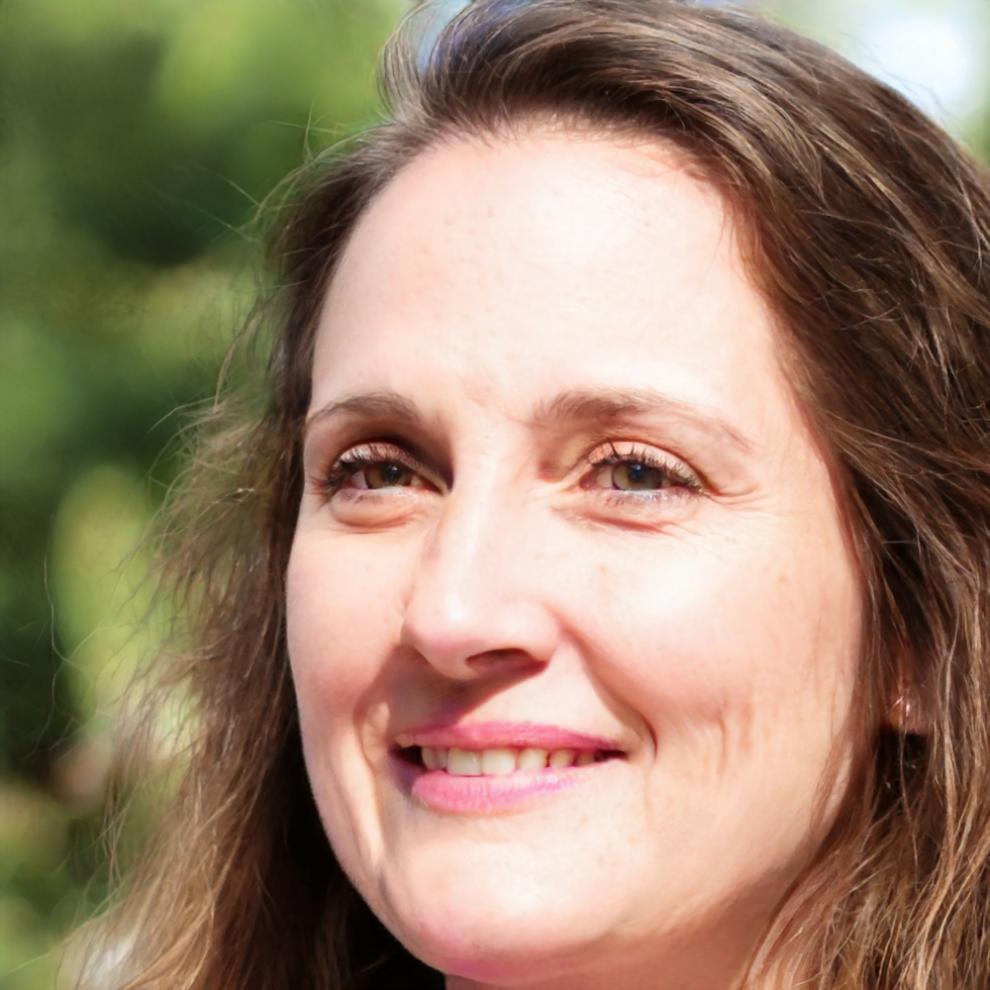Before You Start Your Budgeting Journey
Smart operational budgeting starts with understanding your current financial landscape and building the right foundation for sustainable business growth.

Building Your Financial Foundation
Most businesses jump straight into budget planning without taking time to understand their financial patterns. This approach often leads to unrealistic projections and missed opportunities.
We've helped hundreds of Thai businesses transform their financial planning by starting with proper groundwork. The difference between successful budgets and failed ones isn't complexity—it's preparation.
- Analyze your last 18 months of financial data patterns
- Identify seasonal trends specific to Thai market conditions
- Map your actual cash flow cycles against business operations
- Document recurring expenses that often get overlooked
- Establish realistic baseline metrics for growth planning
Your Budgeting Priorities
Success in operational budgeting comes from focusing on what matters most first. Here's how we recommend prioritizing your efforts.
Cash Flow Stability
Ensure consistent operational funding and emergency reserves before pursuing growth investments
Core Operations Efficiency
Optimize existing processes and reduce waste in current operations to improve profit margins
Strategic Growth Planning
Plan measured expansion and new initiatives once foundation is secure

Siriporn Thanakit
Senior Financial Planning Consultant
Why Most Budgets Fail
After working with over 300 Thai businesses, I've noticed the same patterns. Companies create beautiful spreadsheets full of optimistic projections, then wonder why reality doesn't match their plans.
The issue isn't math skills or software—it's understanding your business rhythms. Thai businesses face unique challenges: monsoon season impacts, cultural holiday patterns, and supply chain variations that generic budgeting advice doesn't address.
Our approach helps you build budgets that actually work in the real Thai business environment. We focus on practical strategies that account for local market conditions and seasonal variations.
Are You Ready to Start?
Before beginning formal budget planning, make sure you have these essential elements in place.
Financial Documentation
- Complete bank statements for past 24 months
- Detailed expense records by category
- Revenue breakdown by product/service line
- Tax returns and accounting records
- Outstanding debt and payment schedules
- Current vendor contracts and agreements
Business Operations Clarity
- Clear understanding of peak and slow seasons
- List of all fixed vs variable costs
- Employee payroll and benefit commitments
- Equipment replacement and maintenance needs
- Regulatory compliance and licensing costs
- Insurance coverage and premium schedules
Ready to Build Something Better?
Our operational budgeting program starts in September 2025. We'll spend six months working together to create budgeting systems that actually fit your business reality and growth goals.